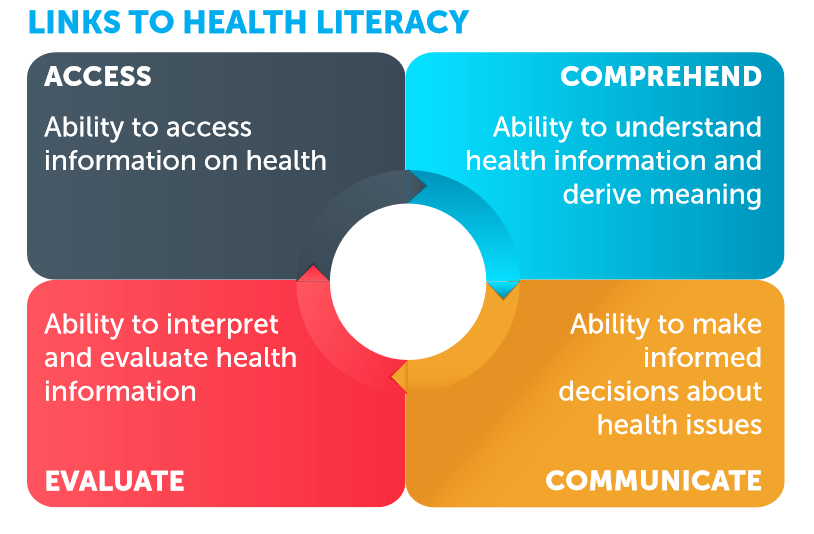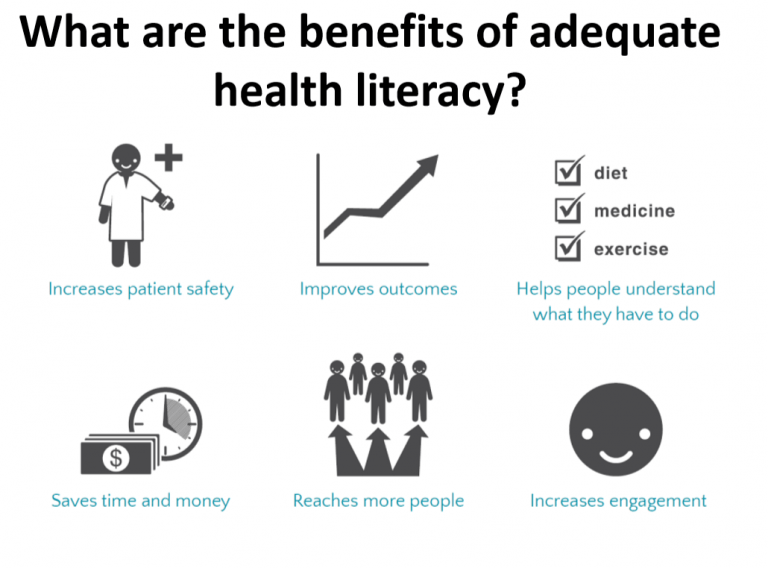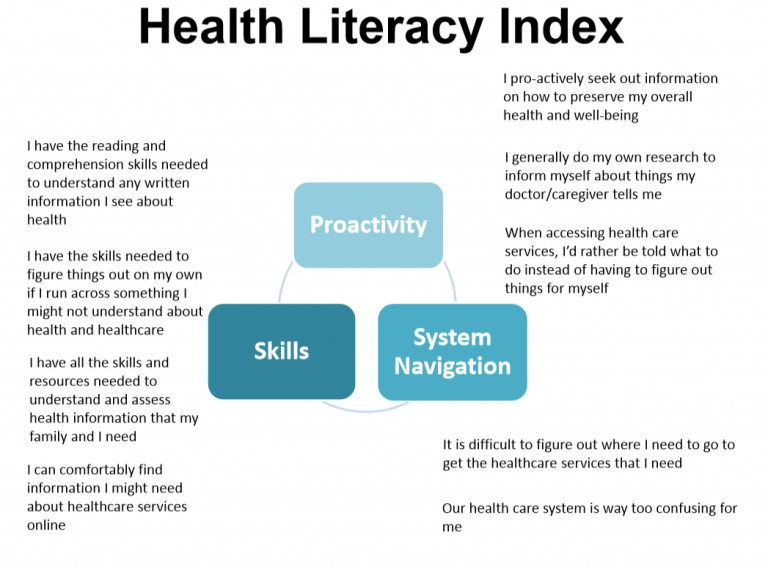Recent News
What is Health Care Literacy and Why Is It Important to You?

Please note that this information is from the Canadian Public Health Association’s Examples of Health Literacy in Practice PDF and Public Health Ontario’s Health Care Literacy PowerPoint.
Health literacy is an essential life skill. Each day Canadians are asked to make health-related decisions that call for the application of health literacy skills. For example, a mother may need to decide whether to take her son to the doctor for treatment of an injury. A daughter may need to assist her senior parent to take the correct amount of prescribed medication. Yet the majority of the adult Canadian population is lacking the health literacy skills needed to promote, maintain and improve their health and the health of their families.

There are many reasons why the need to address health literacy is even more critical today than ever. There are increasing demands in society to access health information in new ways, such as via the internet, and this can create challenges for patients navigating the health care system. Increasing rates of chronic diseases in the Canadian population require individuals to manage their own care more than before.
What is health care literacy?
To be health care literate is to be able to access and understand the information required to manage one’s health on a day-to-day basis. Ideally, a health-literate individual can seek and access the health information required to:
- understand and carry out instructions for self-care, including the administering of complex daily medical regimens
- plan and achieve the lifestyle adjustments required for improved health
- make informed positive health-related decisions
- know how and when to access health care when necessary
- share health promoting activities with others
- address health issues in the community and society
Why is health care literacy important?
There are many benefits to being health care literate such as increased patient safety, improved outcomes, increased engagement, etc. Health care literacy is also very important as anyone can struggle to understand complicated information while under stress.


The above diagrams are provided in Public Health Ontario’s Health Care Literacy PowerPoint.
How do I advocate for myself as a patient?
Ask questions if you do not understand. Some examples could be:
- What is my health problem?
- What do I need to do?
- Why do I need to do this?
Who needs to ask these questions? You do! It is your right to ask!
Everyone has questions about their health. You are not the only one who sometimes finds things confusing. Ask questions to understand how to get better and how to take care.
What if I ask and I still don’t understand?
Say, “This is new to me. Please explain again.” Don’t be embarrassed if you still don’t understand. Ask more questions if you want to. Repeat back instructions to make sure it is what your healthcare provider said. When possible, have a family member or friend accompany you to appointments. They can:
- Remind you what to say
- Take notes and get information
- Help you understand your health conditions or health concerns
- Focus on lifelong learning
How can I improve my health care literacy?
Explore and learn more about the health care systems in your area. Do research on your conditions. Write down topics or questions you have for your doctor and have an option discussion so that you can learn more.
Two helpful resources that can start your journey to improving your health care literacy include:
- It’s Safe to Ask: It’s Safe to Ask encourages patients and families to request the information they need in order to become active participants in their care. It includes easy-to-read materials for patients. Healthcare providers can also use this information with patients and families.
- VHA’s Chronic Disease Self-Management webpage: A hub for VHA Home HealthCare’s clients and family members to learn more about chronic disease self-management through useful resources, topics, etc.
